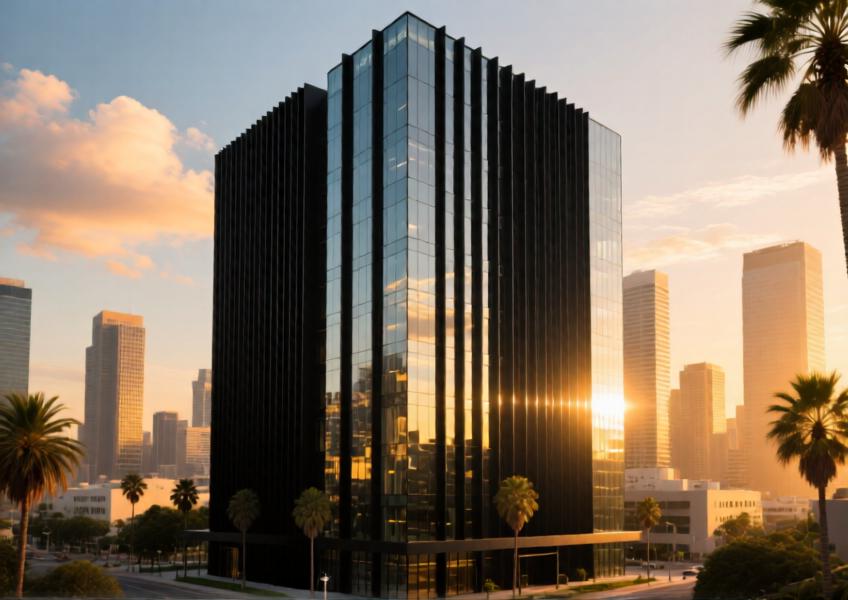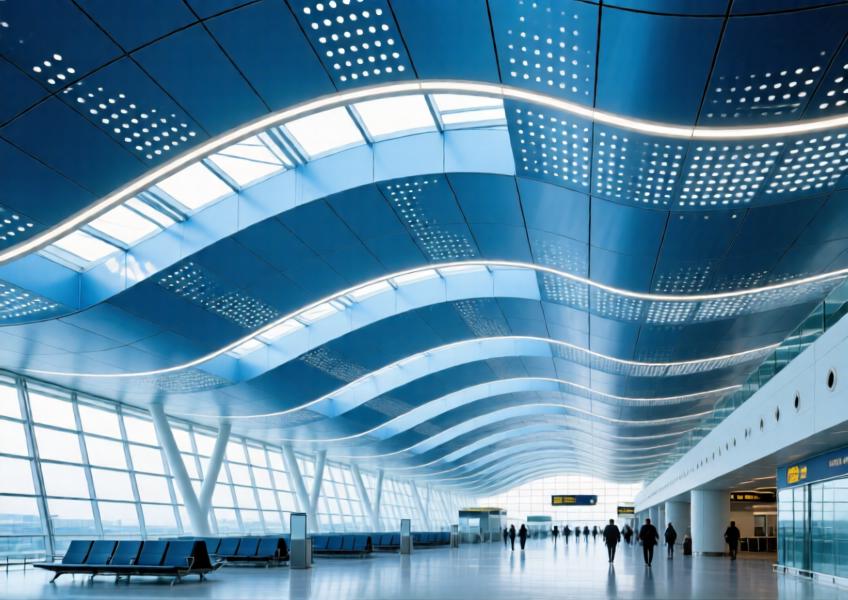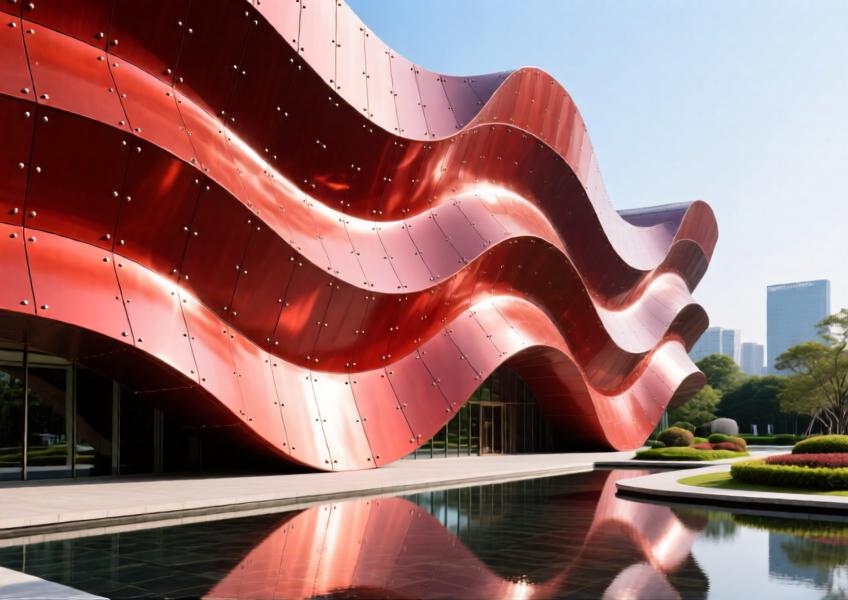

In the evolving landscape of architectural design, the use of aluminum panel building techniques has become a hallmark of modernity, combining aesthetic appeal with structural resilience. Aluminum curtain walls, ceilings, and decorative elements are increasingly favored by architects for their versatility, lightweight nature, and ability to adapt to complex design visions.
Aluminum curtain walls have redefined exterior envelopes, offering seamless integration with glass, stone, or composite materials. Their modular design allows for rapid installation while ensuring weather resistance and thermal efficiency. In high-rise developments across urban centers like Shanghai and Dubai, aluminum panel building systems have enabled architects to craft shimmering facades that respond dynamically to sunlight, creating a sense of movement and fluidity.

Beyond the exterior, aluminum ceilings have emerged as a sophisticated solution for interior spaces. Whether in airports, shopping malls, or corporate lobbies, perforated or patterned aluminum panels offer acoustic control, fire resistance, and a clean visual language. The material’s malleability allows for curved or angular forms, enabling designers to sculpt ceilings that enhance spatial perception and lighting effects.

Aluminum decorative materials further expand the creative potential of this metal. From sun-shading fins to intricate panel claddings, these elements introduce texture and depth to building surfaces. An excellent example is the undulating aluminum facade of the Guangzhou Opera House, where custom-formed panels create a wave-like rhythm, blending artistry with engineering precision.

As sustainability becomes central to architectural practice, aluminum panel building systems stand out for their recyclability and energy efficiency. With low maintenance costs and long-term durability, aluminum continues to shape the skylines of tomorrow—elegant, enduring, and unmistakably contemporary.